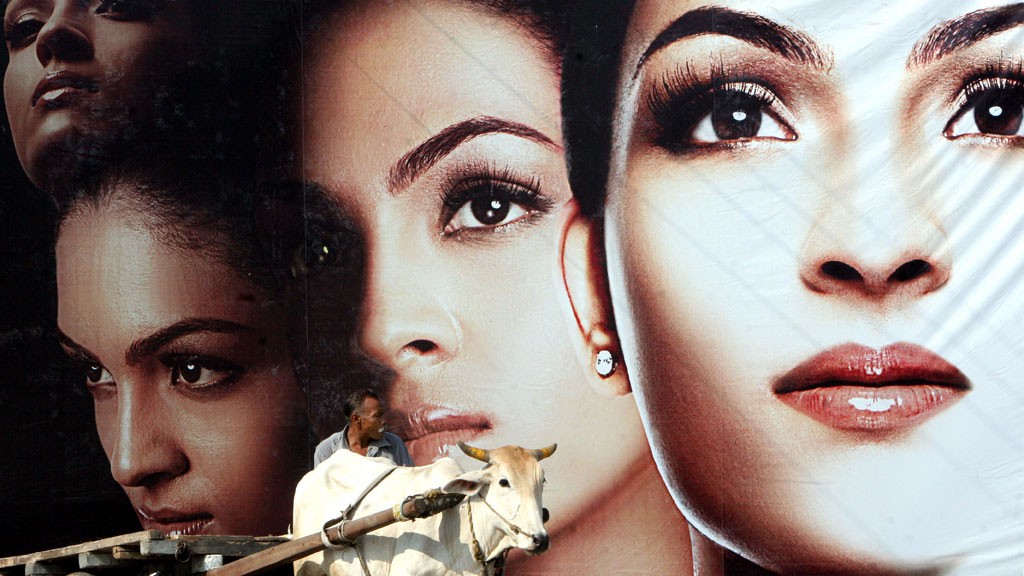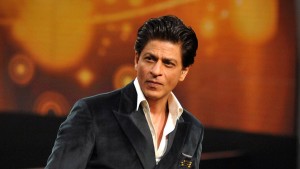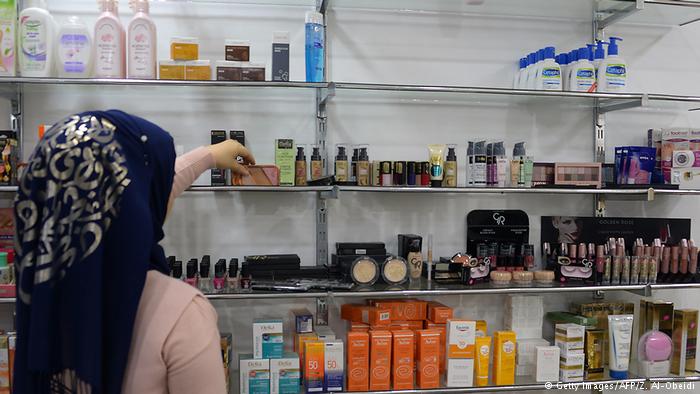India’s UNFair obsession with the fair skin
It is an obsession that literally goes under the Indian society’s skin! “Don’t go out in the sun to play, you’ll turn into a dark-skinned witch and then nobody will marry you!” Sounds funny?!
Unfortunately, it is the sad truth that many girls grow up with, especially in South Asia. In Indian society men and women are both subject to discrimination based on skin color. Dark-skinned kids are relentlessly bullied at school. They then grow up to be blatantly rejected in the country’s matrimonial market. There is a deep-rooted prejudice that fair skin is better than dark skin.
Over generations, dark skin has been associated with poverty and fair skin is considered elite. Its roots lie in the caste system that prevails in the country. The lower caste was always engaged in physical labour that required them to work outdoors in the sun. The upper caste stayed indoors and always had someone to run errands for them. The Hindu mythology also has a number of examples where the demons are dark-skinned. The color discrimination was further emphasized during colonial rule in the country where white skin or fair skin symbolized power.
One might think that none of this plays a role in the 21st century. But on closer look, one notices that discrimination is still very much alive. The fixation has been reinforced by the country’s film and advertising industry that promote fair skin as being the key to success in life. Back in 2013, a controversial TV Ad for a fairness cream starring Bollywood superstar Shahrukh Khan was taken off air after a petition by the ‘Dark is Beautiful’ campaign. The ad showed Khan giving a dark-skinned man a pot of fairness cream as the promise that would make all his dreams come true. Fairness cream ads have always carried the message that fair skin will give the consumer self-confidence and empower them. The fairness companies hired gorgeous pale-skinned Bollywood actors and actresses as Brand Ambassadors that are perfect role models for the society.
And bingo! The message was transmitted successfully in a tropical country where 95% of the population has a dark complexion. The fairness industry is on a roll since for there is no dearth of customers. According to reports, the Indian Skin Whitening Industry is currently worth 450 million dollars.
The definition of beauty back home also had me confused. And I slathered pots and tubes of fairness creams on my face all through my teenage years. But, when I moved to Europe, things turned around and I was always complimented on my beautiful creamy-brown skin. I thought it was all a dream. Until someone explained to me that in this part of the world women are obsessed with tanning themselves. I then learnt that tanning in Europe came to be associated with people who could afford expensive holidays at exotic beaches. So, in this part of the world, my status was suddenly upgraded!
But I like many other brown-skinned women still have self-esteem issues. And the only way out for us is a change in the mindset of the Indian society. Things are changing slowly, education and awareness campaigns are doing their bit. But we need more – more campaigns, more debates and most importantly more role-models with a dark complexion that can show the next generation that skin color does not play a role in success.
Author: Roma Rajpal Weiß
Editor: Marjory Linardy
Twitter: @romarajpal
Skype: roma.rajpal
Blog: https://romarajpalweiss.wordpress.com
_____
WTO RECOMMENDS
Dreaming of light skin in Asia
While westerners flock to beaches in search of the perfect tan, white skin is an ideal for many with darker skin. In Asian countries, billions of euros are spent on skin whitening products, which account for over a quarter of cosmetic sales. (From November 16, 2015)
Bad habits that cause premature aging
Without realizing it our daily habit can cause premature aging. This has negative impacts on the health of your organs. Here are eight bad habits that cause damage to your health. (From February 4, 2016)
“Photoshop is a weird concept.”
“Make me beautiful” was the assignment. Esther Honig, a freelance journalist based in Kansas City, sent out an unaltered photo of herself to Photoshop experts around the world and she asked the experts to make her look beautiful according to the beauty standards of the country. Her project Before & After compiles the astounding results that she collected. It went viral on social media last year. WTO Blogger Roma Rajpal Weiß interviewed Honig on her project. (From March 19, 2015)









